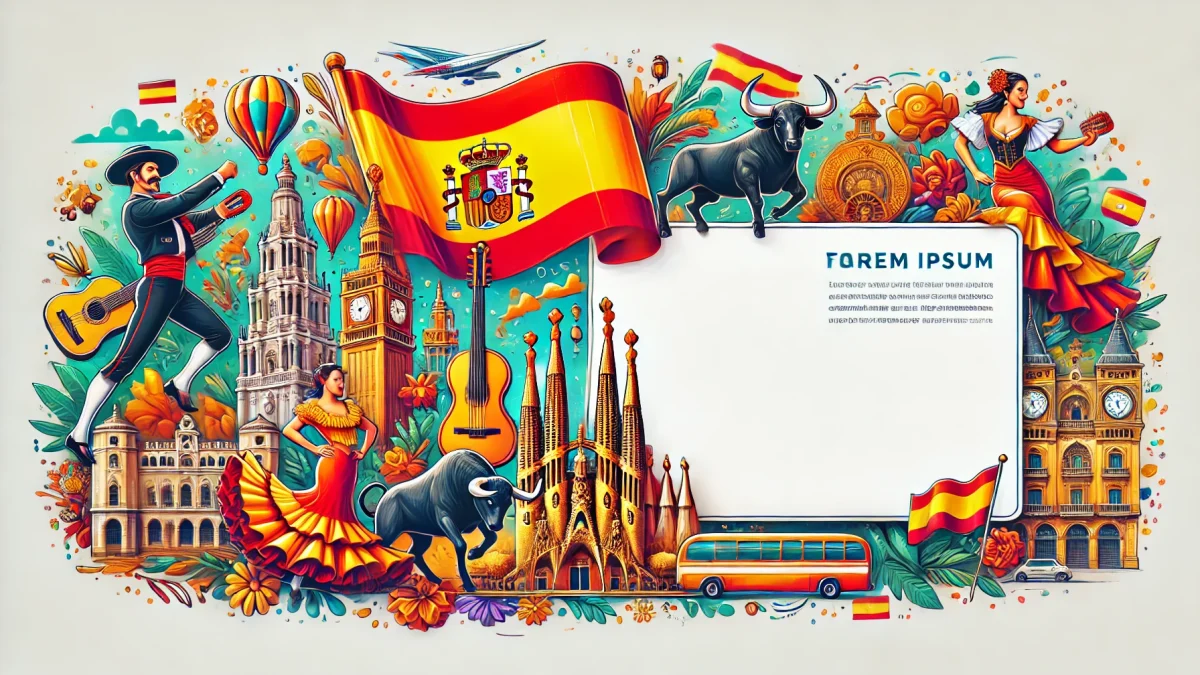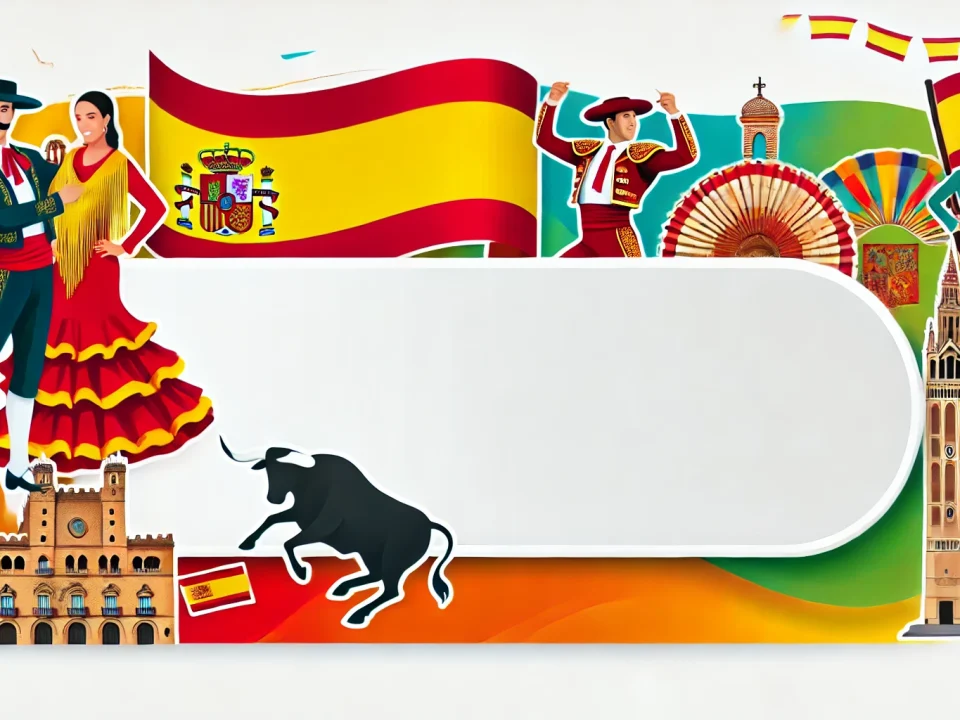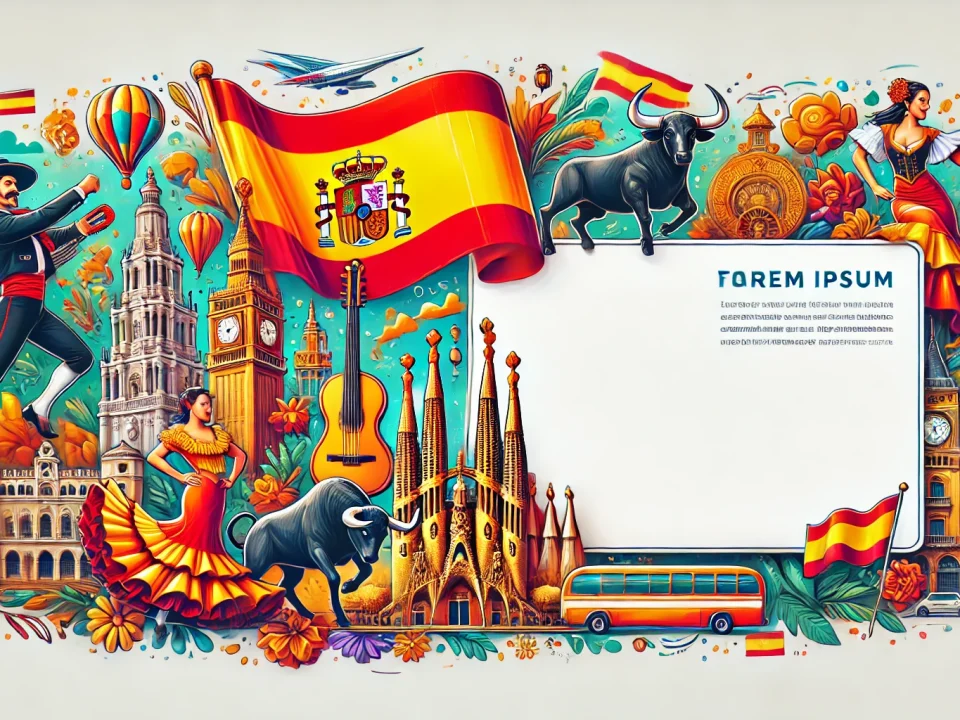
Understanding Ser vs. Estar in the Past Tense
July 30, 2024
Learning Weather Vocabulary in Spanish
August 2, 2024Learning Basic Questions in Spanish
Mastering basic questions in Spanish is essential for any beginner. Questions are the foundation of communication, allowing you to gather information, engage in conversations, and express curiosity. This comprehensive guide will cover essential question words, provide examples, and help you understand their usage in different contexts. By the end of this article, you will be comfortable using basic questions in Spanish and able to incorporate them into your daily interactions.
Essential Question Words (Palabras Interrogativas)
Here are the essential question words in Spanish:
- ¿Qué?: What?
- ¿Quién?: Who?
- ¿Quiénes?: Who? (plural)
- ¿Dónde?: Where?
- ¿Cuándo?: When?
- ¿Por qué?: Why?
- ¿Cómo?: How?
- ¿Cuál?: Which?/What?
- ¿Cuáles?: Which ones? (plural)
- ¿Cuánto/a?: How much?
- ¿Cuántos/as?: How many?
Pronunciation Guide
Here’s a quick pronunciation guide to help you say these question words correctly:
- ¿Qué?: keh
- ¿Quién?: kee-EHN
- ¿Quiénes?: kee-EHN-ehs
- ¿Dónde?: DOHN-deh
- ¿Cuándo?: KWAHN-doh
- ¿Por qué?: pohr KEH
- ¿Cómo?: KOH-moh
- ¿Cuál?: kwal
- ¿Cuáles?: KWAH-les
- ¿Cuánto/a?: KWAHN-toh/ KWAHN-tah
- ¿Cuántos/as?: KWAHN-tohs/ KWAHN-tahs
Using Basic Questions in Sentences
Knowing the question words is just the first step. Here are some examples of how to use these words in sentences:
- ¿Qué? (What?)
- ¿Qué es esto? (What is this?)
- ¿Qué haces? (What are you doing?)
- ¿Qué quieres comer? (What do you want to eat?)
- ¿Quién? (Who?)
- ¿Quién es él? (Who is he?)
- ¿Quiénes son tus amigos? (Who are your friends?)
- ¿Quién llamó por teléfono? (Who called?)
- ¿Dónde? (Where?)
- ¿Dónde vives? (Where do you live?)
- ¿Dónde está el baño? (Where is the bathroom?)
- ¿Dónde trabajas? (Where do you work?)
- ¿Cuándo? (When?)
- ¿Cuándo es tu cumpleaños? (When is your birthday?)
- ¿Cuándo llegas a casa? (When do you get home?)
- ¿Cuándo empieza la clase? (When does the class start?)
- ¿Por qué? (Why?)
- ¿Por qué estudias español? (Why do you study Spanish?)
- ¿Por qué estás triste? (Why are you sad?)
- ¿Por qué te gusta ese libro? (Why do you like that book?)
- ¿Cómo? (How?)
- ¿Cómo estás? (How are you?)
- ¿Cómo te llamas? (What is your name?)
- ¿Cómo llego a la estación? (How do I get to the station?)
- ¿Cuál? (Which?/What?)
- ¿Cuál es tu color favorito? (What is your favorite color?)
- ¿Cuál prefieres, té o café? (Which do you prefer, tea or coffee?)
- ¿Cuál es tu número de teléfono? (What is your phone number?)
- ¿Cuáles? (Which ones?)
- ¿Cuáles son tus libros? (Which ones are your books?)
- ¿Cuáles son las reglas? (What are the rules?)
- ¿Cuáles prefieres, manzanas o naranjas? (Which ones do you prefer, apples or oranges?)
- ¿Cuánto/a? (How much?)
- ¿Cuánto cuesta? (How much does it cost?)
- ¿Cuánta azúcar necesitas? (How much sugar do you need?)
- ¿Cuánto tiempo tienes? (How much time do you have?)
- ¿Cuántos/as? (How many?)
- ¿Cuántos hermanos tienes? (How many siblings do you have?)
- ¿Cuántas personas vienen? (How many people are coming?)
- ¿Cuántos años tienes? (How old are you?)
Describing Common Scenarios with Questions
Being able to ask questions in various scenarios will greatly enhance your communication skills. Here are some common scenarios with example questions:
Meeting Someone New
- ¿Cómo te llamas? (What is your name?)
- ¿De dónde eres? (Where are you from?)
- ¿Qué te gusta hacer? (What do you like to do?)
- ¿Tienes hermanos? (Do you have siblings?)
- ¿Dónde vives? (Where do you live?)
At a Restaurant
- ¿Qué recomiendas? (What do you recommend?)
- ¿Cuánto cuesta el plato del día? (How much does the daily special cost?)
- ¿Dónde están los baños? (Where are the restrooms?)
- ¿Cuándo cierran? (When do you close?)
- ¿Cómo está preparado el pollo? (How is the chicken prepared?)
Asking for Directions
- ¿Dónde está la estación de tren? (Where is the train station?)
- ¿Cómo llego al centro? (How do I get to the city center?)
- ¿Cuánto tiempo se tarda en llegar al museo? (How long does it take to get to the museum?)
- ¿Qué autobús debo tomar? (Which bus should I take?)
- ¿Hay un buen restaurante cerca de aquí? (Is there a good restaurant near here?)
Shopping
- ¿Cuánto cuesta esto? (How much does this cost?)
- ¿Aceptan tarjetas de crédito? (Do you accept credit cards?)
- ¿Dónde puedo probarme esto? (Where can I try this on?)
- ¿Tienen esta camisa en otra talla? (Do you have this shirt in another size?)
- ¿Cuál es la política de devoluciones? (What is the return policy?)
Practice Exercises
To reinforce your understanding of basic questions in Spanish, try these exercises:
- Translate the Questions: Write the following questions in Spanish:
- What is your favorite movie?
- Where do you work?
- How much does this cost?
- When is your birthday?
- Why are you studying Spanish?
- Complete the Sentences: Fill in the blanks with the correct question word:
- ¿__ está el baño? (Where is the bathroom?)
- ¿__ tiempo tienes? (How much time do you have?)
- ¿__ es tu libro favorito? (Which is your favorite book?)
- ¿__ estás hoy? (How are you today?)
- ¿__ son tus amigos? (Who are your friends?)
- Match the Questions with Answers: Match each question with the appropriate answer:
- ¿Cómo te llamas?
- ¿De dónde eres?
- ¿Qué haces?
- ¿Cuándo es la fiesta?
- ¿Por qué estudias español? a. Estudio español porque me gusta el idioma.
b. Me llamo Ana.
c. Soy de México.
d. Soy estudiante.
e. La fiesta es el sábado.
- Form Questions: Create questions for the following scenarios:
- You want to know what time it is.
- You are asking someone about their weekend plans.
- You need to find out the price of an item.
- You are curious about someone’s favorite food.
- You want to know the way to the nearest supermarket.
Additional Tips for Learning Basic Questions
- Practice Daily: Use these questions in your daily interactions to become more comfortable with their forms.
- Engage with Media: Watch Spanish TV shows, movies, or listen to songs to hear questions used in context.
- Language Exchange: Practice with a language partner or join a language exchange group to use questions in real conversations.
- Create Flashcards: Make flashcards with questions and their meanings to reinforce your memory.
Conclusion
Learning basic questions in Spanish is a fundamental part of building your vocabulary and improving your conversational skills. By mastering these questions and understanding how to use them in different contexts, you will significantly enhance your ability to communicate in Spanish. Practice regularly, use questions in daily conversations, and soon you will be confident in your ability to ask and answer questions fluently in Spanish. ¡Buena suerte! (Good luck!)
Links:
Spanish Grammar
Spanish Vocabulary
Spanish Listening
Spanish Stories


